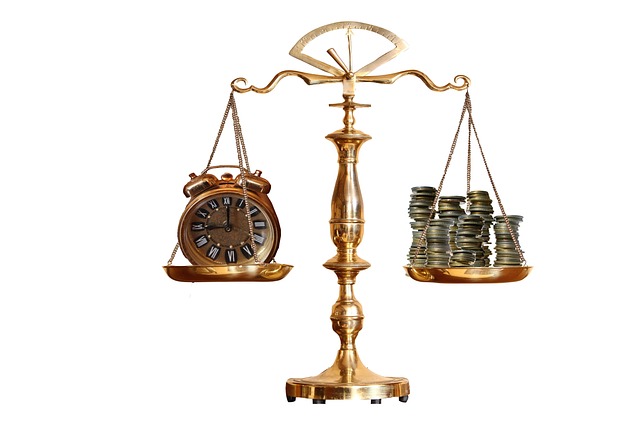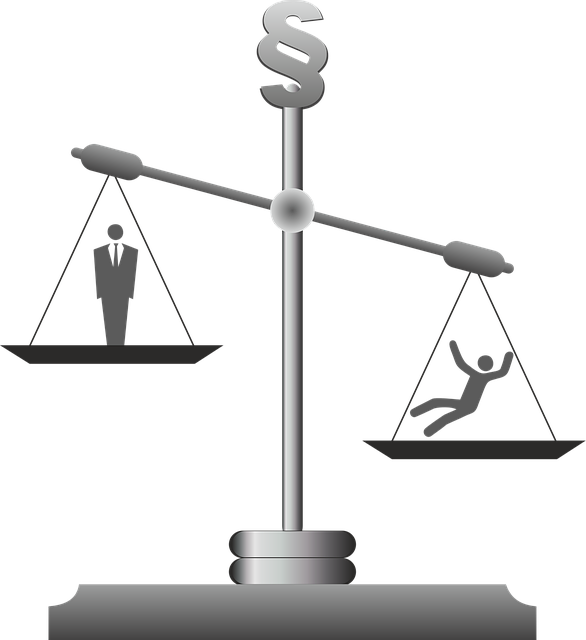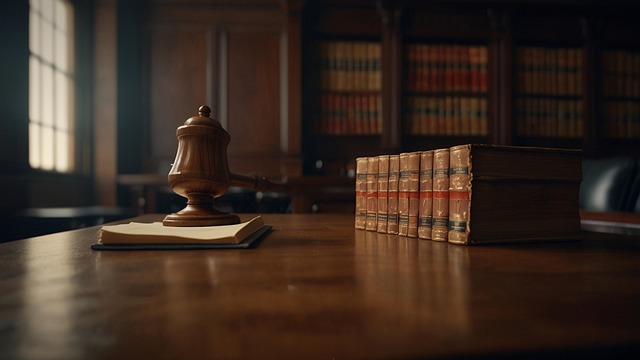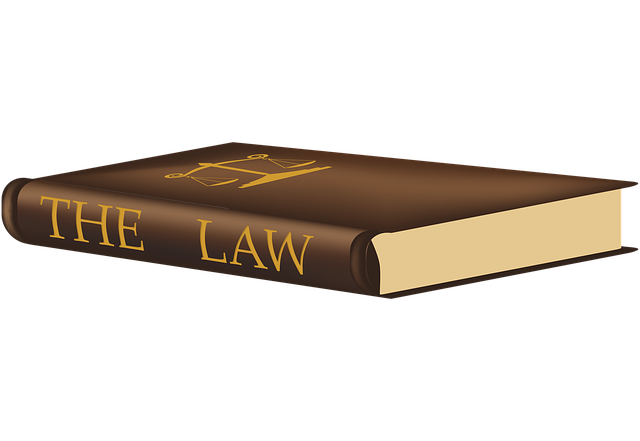Understanding jury biases is vital for achieving justice in criminal cases, especially white-collar offenses. Unconscious biases influenced by race, gender, and past experiences can skew verdicts. Legal professionals and leaders use C-level investigations to uncover these biases, ensuring fairness through strategic juror screening, diverse panels, and bias awareness instructions. Defense attorneys play a key role in challenging biased jurors, fostering discussions, and tailoring arguments for more objective outcomes, ultimately aiming for a just society.
In the realm of criminal justice, ensuring fair trials hinges on understanding and mitigating jury biases. This article delves into critical C-level investigations launched to uncover hidden biases that may influence verdicts. We explore the profound impact of preconceptions on jury decisions, shedding light on how these biases affect outcomes in criminal trials. Furthermore, practical strategies are presented to address these biases effectively, emphasizing the importance of understanding jury biases in criminal cases for a more equitable legal system.
- Uncovering Hidden Biases: A C-Level Perspective
- The Impact of Jury Preconceptions on Criminal Trials
- Strategies to Mitigate and Address Jury Biases Effectively
Uncovering Hidden Biases: A C-Level Perspective
In the realm of justice administration, understanding jury biases is paramount to achieving extraordinary results in criminal cases. C-level investigations into these biases offer a unique perspective, shedding light on potential unconscious influences that could affect verdicts. By delving into this complex issue, legal professionals and respective business leaders can navigate the challenges posed by human decision-making, ensuring fairness and equality for all parties involved.
This proactive approach is especially relevant when considering the broader implications for philanthropic and political communities. Uncovering hidden biases enables more informed policy decisions, promotes transparent practices, and fosters trust in the judicial system. With this knowledge, organizations can develop strategies to mitigate systemic biases, creating a more just society for everyone, regardless of background or identity.
The Impact of Jury Preconceptions on Criminal Trials
In criminal trials, the role of juries is pivotal, yet understanding jury biases and preconceptions is essential for ensuring fairness. Studies have shown that jurors often bring pre-existing beliefs and stereotypes to the courtroom, which can significantly impact their decisions. These biases are particularly concerning in cases involving white-collar offenses, where the line between guilt and innocence may be subtler. For his clients facing such charges across the country, navigating these preconceptions is crucial for achieving a just outcome.
Juries’ decision-making processes are intricate, influenced by factors like personal experiences, media coverage, and societal norms. When it comes to white-collar defense, preconceived notions about wealth, power, or professional roles can cloud judgment. For instance, assumptions about the guilt of corporate executives or wealthy individuals based on their social status may lead to unfair trials. By recognizing and addressing these biases, legal professionals can better represent their clients, ensuring that justice is served without undue influence from societal expectations.
Strategies to Mitigate and Address Jury Biases Effectively
Understanding Jury Biases in Criminal Cases is a critical component of ensuring justice and achieving extraordinary results in legal proceedings. Juries, while designed to be impartial, can unconsciously harbor biases that affect their decision-making process. These biases may stem from factors such as racial, gender, or socioeconomic stereotypes, previous experiences, or even the way evidence is presented. Addressing these biases head-on is essential for a fair trial, especially in cases involving white collar and economic crimes where complex financial schemes can obscure the facts.
Effective strategies to mitigate jury biases include thorough juror screening, ensuring diverse panels, and providing comprehensive instructions on bias awareness. Defense attorneys play a pivotal role in this process by challenging potential biased jurors during voir dire, facilitating open discussions about unconscious prejudices, and tailoring their legal arguments to counter any perceived biases. By implementing these measures, the legal system can strive for more objective outcomes, particularly in white collar defense cases where the stakes are high and the consequences significant.
Understanding jury biases is paramount for ensuring fairness in criminal trials. By recognizing the impact of preconceptions, C-level executives can implement effective strategies to mitigate these biases. This proactive approach not only strengthens legal procedures but also fosters a more equitable justice system, ultimately upholding the integrity of criminal investigations and outcomes.






